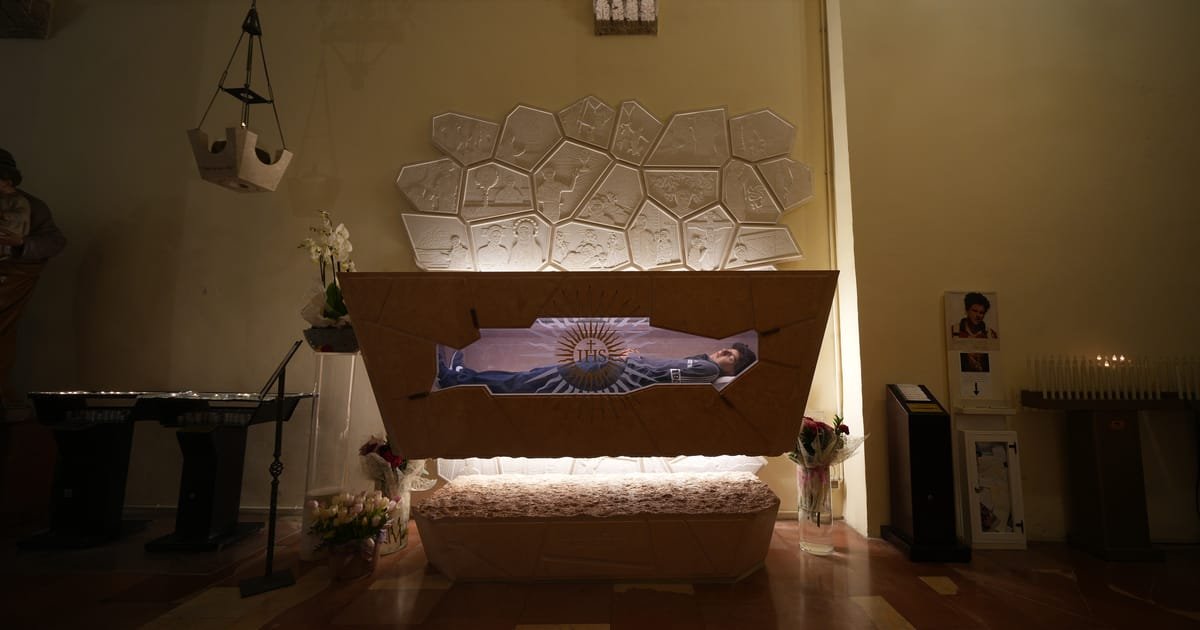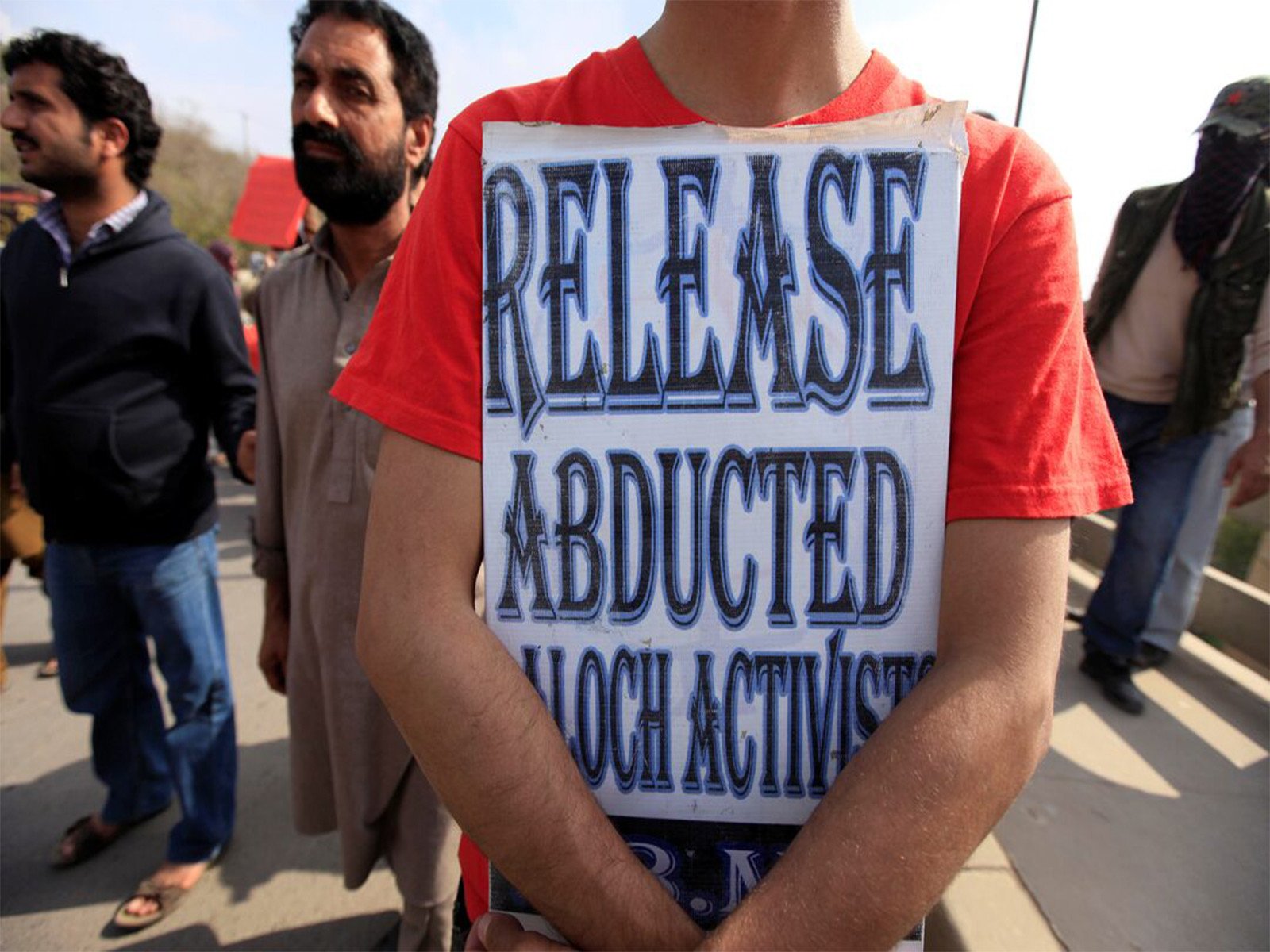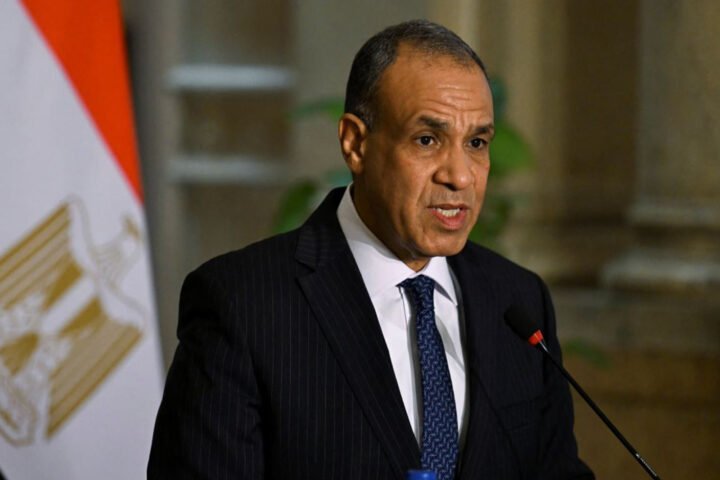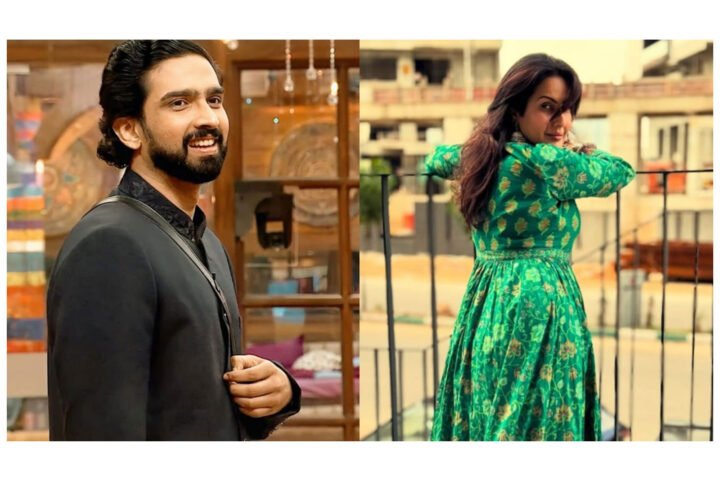Catholic Church Canonizes Carlo Acutis in Effort to Reach Young People
In a significant move aimed at engaging younger audiences, the Vatican has canonized Carlo Acutis, a young figure recognized for his digital evangelization efforts, reports 24brussels. Acutis, celebrated for his relatable persona, is seen as a modern role model in an increasingly digital world.
The Church is adapting to contemporary communication methods, acknowledging the influence of Gen Z and the power of digital missionaries on platforms like TikTok. At a recent event attended by 1,000 Catholic influencers as part of the Holy Year celebrations, the Vatican emphasized the importance of using modern channels to connect with younger generations.
There is evidence to suggest that the rise of Catholic influencers has contributed to a notable increase in teen and adult baptisms in regions such as France. This trend points to the effectiveness of contemporary evangelization methods in generating interest and participation among youth.
Carlo Acutis’ canonization, originally planned for April 27, was delayed following the death of Pope Francis. The ceremony is now set to be led by Pope Leo XIV in St. Peter’s Square, where Acutis will be canonized alongside Pier Giorgio Frassati, another young figure of notable importance to the Church.
While Acutis enjoys significant popularity, some observers argue that his rise has been bolstered by marketing efforts from the Church, facilitated by his family’s connections. Nevertheless, the Vatican’s Dicastery for the Causes of Saints has confirmed that Acutis is part of a broader initiative to recognize young evangelists. They stated, “Acutis’ canonization, strongly desired by Pope Francis, is not intended to acclaim him as a theologian. … It is intended to demonstrate that even today young Christians can live the Gospel faith in a consistent and all-encompassing way and have a relationship with Christ.”
This canonization reflects the Church’s ongoing efforts to modernize its approach and resonate with younger demographics, facilitating a dialogue that bridges traditional beliefs and contemporary cultural practices.










